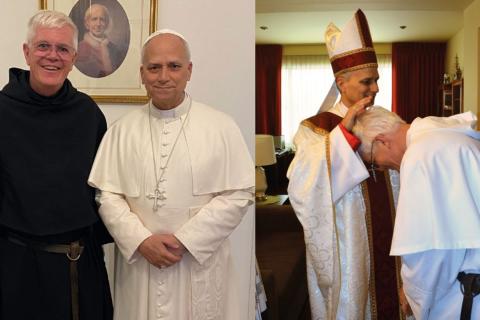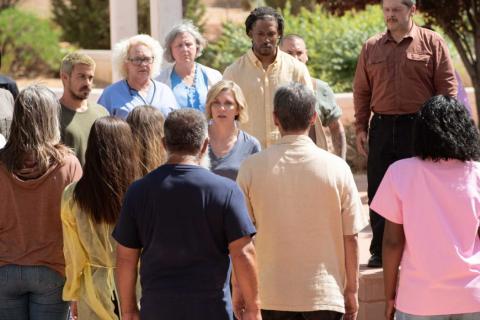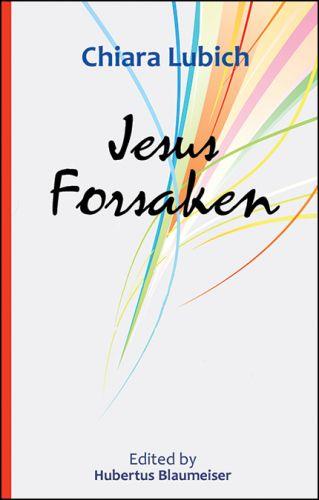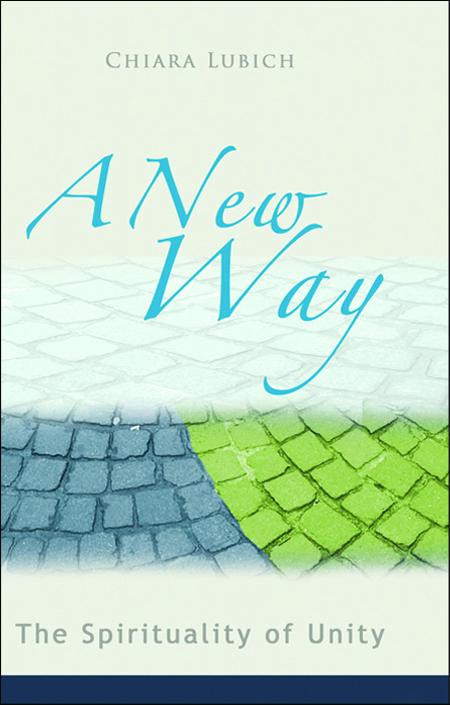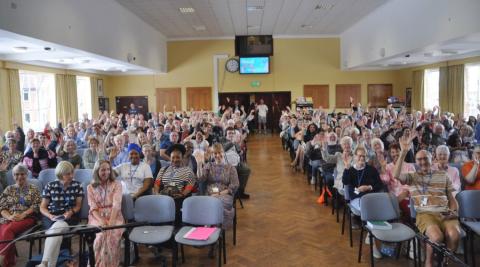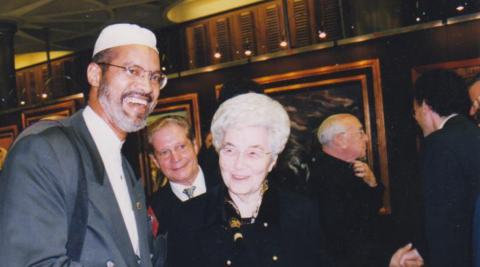How the spirituality of unity can help us to self-regulate our emotions and develop resilience

Photo by Andrei Marchenko | Dreamstime.com
Have you ever sent an email or a text message, then deeply regretted not having thought about it before pushing the “send” button?
I’m sure we can all think of times when we’ve had an emotional overreaction. In the heat of the moment, we may have said something to a person without pausing to consider the outcomes.
Emotions are at the heart of our interactions. Sometimes, those of us who have set out to orient our lives on the teachings of the Golden Rule, which is present not only in the Gospels but in the writings of all major religions (“Do to others as you would have them do to you.” Luke 6:31), are puzzled by such events.
We may ask ourselves: how on earth did I shoot from the hip and not act according to my values? Such questions, however, can be signposts. They can lead us to discover that, as persons in relationship with God and one another, there are within us complex interactions between the physical, emotional, mental and spiritual aspects of our personality.
The good news is that the more we learn about ourselves, the more we can discern and actively choose how to interact with the world, others and ourselves.
Emotional self-regulation
Research confirms the value of learning about emotional self-regulation. It can be defined from different angles. For our purpose here we will use the definition by psychologist Steven Stosny:
“Emotionally, self-regulation is the ability to calm yourself down when you’re upset and cheer yourself up when you’re down. Behaviorally, self-regulation is the ability to act in your long-term best interest, consistent with your deepest values.”
Let me tell you a personal experience in this regard: I’m an absolute fan of chocolate, and my favourite bar is Galaxy Darker Milk. One day I brought some into work and put it on the counter in the staff room to make myself a cup of tea. Before I could do that, the secretary called me away to the phone.
When I came back, my Galaxy bar was gone. I immediately thought that one of my colleagues must have taken my chocolate bar, thinking it was for public consumption. I felt anger rising in myself and the urge to confront them about this perceived injustice.
Luckily, I decided to pause, acknowledged my puzzlement and anger, and reflected on whether blaming would be the best course of action. I took a deep breath and looked around.
Guess what happened? I saw that my precious Galaxy bar had fallen into the crack between the counter and the fridge. I was so glad I hadn’t shouted and accused my colleagues, but gave my brain a chance to discern. This enabled me to act according to my values and not follow my first instincts.
The topic of emotional self-regulation falls within the realm of psycho-education. In the past, psychology often had a critical view of religion and spirituality. This has changed for quite some time.
For example, a study group around Lisa Miller, a psychologist from the U.S., found that people who define themselves as “spiritual” showed in their brain scans protective factors for their mental wellbeing when compared to people who don’t.
Making links with the spirituality of unity
As an example, I want to recall one of the cornerstones of the Focolare spirituality of unity: the discovery of God as love. When Chiara Lubich discovered that God loved her immensely, this changed the way she interpreted everything that happened to her.
“From that moment, we discerned God’s love present everywhere,” she explained in one of her talks, “in joyful and comforting events, but also in sad, problematic, difficult situations, as well as in indifferent ones.”
Chiara described how everything—whether joyful, tragic, boring, frustrating, etc.—can be looked at through this lens: God loves me; God loves all of us immensely.
This, even though that wasn’t Chiara’s aim, could be seen as a self-regulatory strategy, because by transcending our small self and inserting our lives into the bigger reality of God’s love for us, no matter what the circumstances are, we also regulate our emotions.
Emotional self-regulation is not only a valuable skill, but a necessary one for our relationships with each other. Maybe for someone who has never thought about this before, discovering what’s behind some of our emotions, thoughts or reactions can feel daunting. We worry about what we may learn.
We can be courageous however, because the discovery that God loves each one of us immensely is the safety net that we can always fall back upon. We are God’s beloved and cherished children. This wonderful reassurance allows us to be curious about what’s going on inside ourselves and in our relationships.
If we chose to embark on such a journey, we give ourselves and others the chance to become well-rounded people who live affirming, life-giving relationships.
Gabor Maté, a physician from Canada who wrote extensively on emotional self-regulation says: “Well self-regulated people are the most capable of interacting fruitfully with others in a community, and of nurturing children who also grow into self-regulated adults.”
First published in New City London




